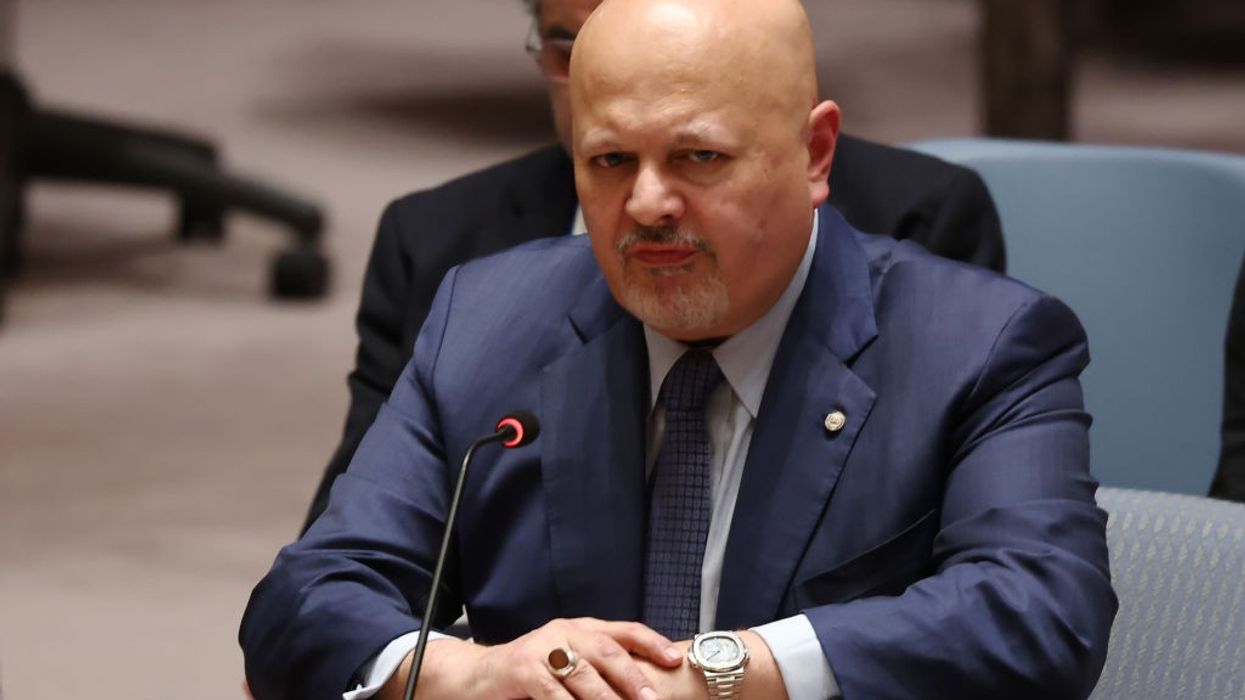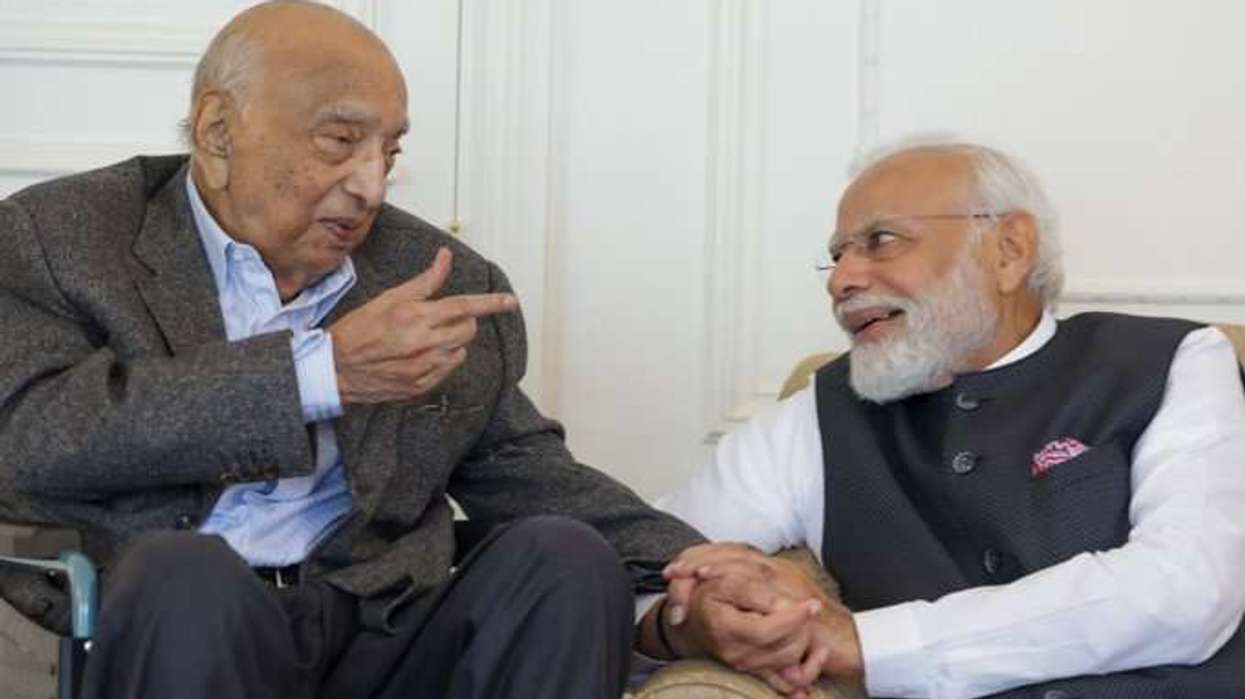A SECOND woman has accused Karim Khan, the chief prosecutor of the International Criminal Court (ICC), of sexual misconduct, reported the Guardian.
The woman alleged that while working as an intern for Khan more than a decade ago, he repeatedly subjected her to unwanted sexual advances, abused his senior position, and pressured her into situations where she felt unsafe.
Khan, who is currently facing a separate misconduct investigation, has strongly denied all claims of inappropriate behaviour.
The latest allegations were passed to investigators from a UN watchdog earlier this summer. The body had already been examining an earlier complaint lodged by a member of Khan’s staff at the ICC.
According to the report, the second woman’s claims date back to 2009, when she was in her 20s and working unpaid for Khan in The Hague. At that time, Khan was a prominent defence lawyer, representing clients at the ICC and other international tribunals, including former Liberian president Charles Taylor.
Speaking anonymously for fear of retaliation, the woman said she endured a “constant onslaught” of advances from Khan. “He shouldn’t have been doing it,” she told the newspaper. “He was my employer.”
She said she had not spoken publicly before because she was afraid of damaging her career, but came forward after hearing of similar allegations from the ICC staffer.
The woman, referred to as Patricia (not her real name), described one incident in which Khan allegedly groped her at the ICC offices. She also claimed that on several occasions Khan invited her to his home, where she says he touched and kissed her without consent and urged her to have sex.
Patricia told the Guardian she felt trapped, as she was paying her own costs during the internship and relied on Khan’s recommendation for her future career. She said she endured the situation because she believed quitting would harm her prospects. Eventually, she did receive a positive letter of recommendation, but described it as feeling like “a deal with the devil”.
She added that Khan later sent her messages, including one in 2019 thanking her for being “good company” and a “very good friend”. Patricia said she eventually asked him not to contact her again.
Lawyers for Khan, now 55, said he “categorically denies” ever engaging in sexual misconduct. In a statement, they said: “It is wholly untrue that he has harassed or mistreated any individual, or misused his position or authority. Mr Khan has provided evidence that clearly contradicts the allegations.”
They further claimed Khan had been the target of an organised campaign to undermine him following his decision to issue arrest warrants against high-profile political leaders, including Russian president Vladimir Putin and Israeli prime minister Benjamin Netanyahu.
Khan has stepped aside from his role at the ICC while the UN inquiry continues. His legal team have also voiced concerns about whether the process can guarantee “due process”.
Khan was elected in 2021 as the ICC’s chief prosecutor for a nine-year term. Since then, he has played a central role in raising the court’s global profile. But his leadership has been overshadowed by accusations of sexual misconduct.
The first complaint came from an ICC staff member, a lawyer in her 30s, who alleged that Khan engaged in coercive sexual behaviour between 2023 and 2024. She said the abuse occurred at the ICC offices, in hotel rooms during work trips, and at his home. She has described his behaviour as “ceaseless”.
Both the staffer and Patricia claim Khan often insisted they work at his private residence, where, they allege, he tried to touch or kiss them and urged them to lie down with him.
The UN’s Office of Internal Oversight Services (OIOS) is investigating both sets of allegations. Once the inquiry is complete, a panel of judicial experts will examine the findings and advise the ICC’s member states.
If Khan is found guilty of serious misconduct, ICC members could hold a secret ballot to decide whether to remove him from office – an unprecedented step in the court’s history.
Patricia said she decided to speak out after seeing Khan’s previous statement in which he insisted that in three decades of professional work “there had never been any such complaint”. She said that was when “her heart sank”.
“I felt I had to tell the truth,” she was quoted as saying.





